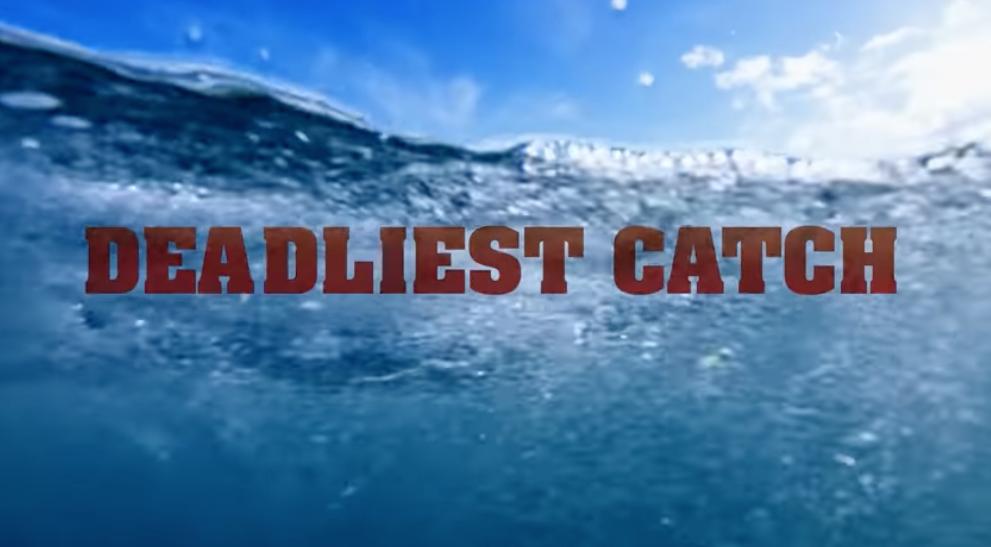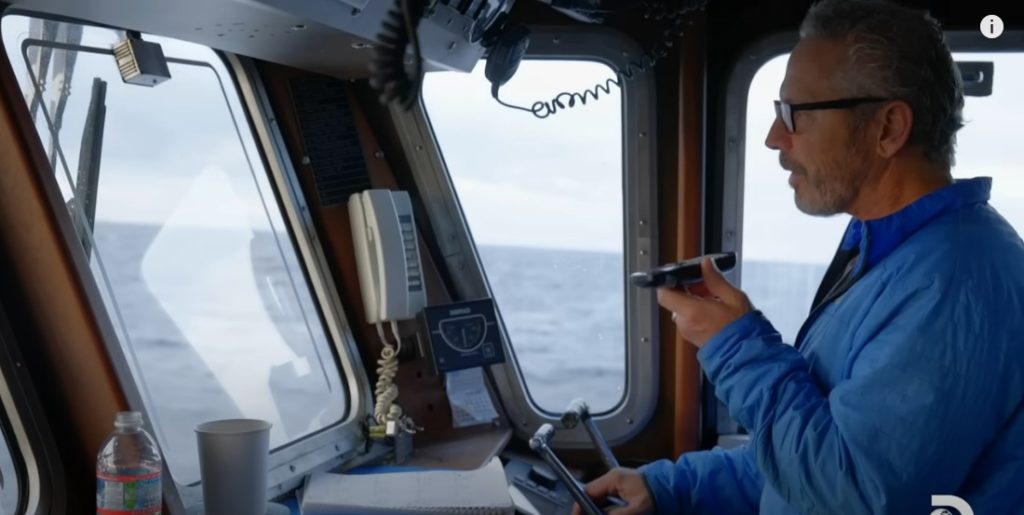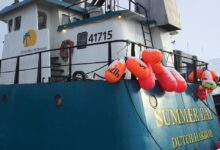Deadliest Catch is at risk as crabbing season gets cancelled after billions go missing
Deadliest Catch is at risk as crabbing season gets cancelled after billions go missing

Aside from crab fishing season being canceled, Bristol Bay’s red king crab fishery will also be closed, for the second year in a row. Both decisions follow shellfish surveys that revealed startling population collapses.

Crabbing season has been canceled for the first time in history
Miranda Westphal, a biologist at the state Department of Fish and Game (ADF&G), said to Alaska Public Media that between 2019 and 2021, snow crab numbers in the Bering Sea fell by about 90%. 2022 counts have dropped even further. The biologist explained:
In 2021 when they surveyed, we saw the largest decline we’ve ever seen in the snow crab population, which was very startling, I think, for everyone.
The ADF&G announced that now they must focus on the management of Bering Sea snow crabs as well as their conservation and rebuilding given the condition of the stock.
Fisherman are going to be “hurting” for the next year
The state’s crab fishing industry, dramatized in Discovery Channel’s Deadliest Catch, will severely struggle as a result of the latest news. One of the fishermen, Gabriel Prout, told Alaska Public Media:
People are really going to have to make some hard calls here, whether that’s…selling their vessels [or] looking for other opportunities in other fishing sectors which is few and far between.
- Advertisement -
He went on to say that, “fishermen are really going to be hurting the next year.” Another fisher, Dean Gribble Sr., told NBC News that the canceled season would be “life-changing, if not career-ending for people.”
According to Gizmodo, In 2020, NOAA valued Alaska’s snow crab harvest at more than $US101.7 ($141) million. This year, it will be $0.00.
The exact cause of the crab crash is currently unknown, however, the state is currently investigating it. But Westphal and others think climate change is likely to blame.
The Bering Sea has endured record-breaking, massive marine heat waves in recent years, with a particularly catastrophic one known as “the blob” occurring between 2014-2016, which is very likely to have played a huge part in the current crab crash.
Getting science-y now, snow crabs and other sea life native to the waters around Alaska are adapted to icy cold temperatures. So, when the heat rises, they can’t cope. One of the biggest issues is deoxygenation. Warmer water simultaneously holds less oxygen and leads to animals needing more oxygen, because of increased metabolic demand.


